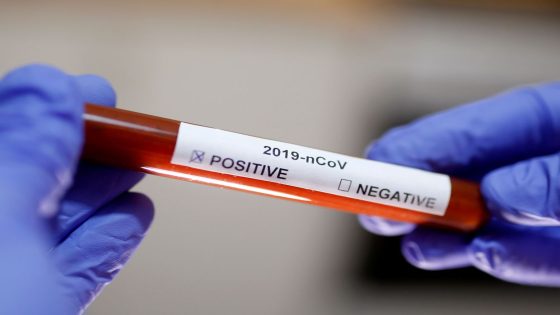The Covid-19 pandemic has wreaked havoc on the world and us. The aftereffects of this deadly and infectious disease, which took lives, ruined livelihoods and strained economies are still being felt to this day. As bad things go, Covid-19 is about as bad as it gets.
Well, at least it is all behind us and the world can finally start to heal, right? It’s not like getting Covid-19 will give you cancer… right?
VERDICT:
IT MIGHT
This is a complicated topic and as such, needs to be discussed with the utmost care and consideration with no room for generalisations and simplifications. So let’s start with a few baseline facts.
Nothing really causes cancer. That’s not how cancer works. According to the World Health Organisation (WHO), cancer is a large group of diseases that can start in almost any organ or tissue of the body when abnormal cells grow uncontrollably, go beyond their usual boundaries to invade adjoining parts of the body and/or spread to other organs.
It isn’t a virus or a foreign entity that enters your body and starts mutating or multiplying before eventually killing you. It is your own cells that go out of control.
So it is actually incorrect to say something causes cancer, even something synonymous with cancer like smoking. Smoking does not, in fact, cause cancer. What it does is dramatically increase the chance of you getting cancer by all the damage it does to your body.
“Most people who smoke cigarettes their whole lives will never get lung cancer,” said Hank Green of SciShow, a highly popular science education channel on YouTube.
“Now, their risk is dramatically increased, and also there are a ton of other bad health outcomes so, like, don’t smoke cigarettes!
“But in the strictest sense, things do not cause cancer,” said Green, who is also a cancer survivor.
So the correct question isn’t “Does Covid-19 cause cancer?” but “Is SARS-CoV-2 an oncogenic virus?”
And the answer to that question, said Green, is starting to look like “Yeah, Covid-19 might increase your chances of getting cancer”.
However, there is a lot of complexity attached to this very simple answer, he said.
Firstly, the scientific studies conducted in this matter are still inconclusive and require a lot more research.
“The clinical management of patients with Covid-19 and cancer is a Gordian knot that has been discussed widely but has not reached a consensus,” said one study published at the US National Library of Medicine in January 2024.
While viruses in themselves do not cause cancer, some of them have been linked to certain cancers like the Human papillomavirus, or HPV being strongly linked with cervical cancer, and the Epstein-Barr virus with Hodgkin lymphoma.
In the case of HPV – unlike a normal virus which forces your cells to make copies of the virus until your cell self-destructs – it has evolved to keep the cell from self-destructing so that it can continue making more copies of the virus.
It does this by dampening the cell’s ability to check for DNA damage and to destroy itself.
This is bad news because cancer is essentially a group of cells in your body that are unable to properly repair damaged DNA and do not self-destruct when something goes wrong.
So viruses like HPV open a window for cells to potentially become cancerous.
Several studies have found that SARS-CoV-2 could also be altering cells in the same way HPV does.
Scientists have found that SARS-CoV-2 has been shown to lower the amount of the p53 gene in a person’s cells.
The p53 is a tumour-suppressing gene, which helps your cells check for DNA damage and signal a cell to destroy itself if something is wrong.
A 2022 study found that the p53 level in the blood of Covid-19 patients was lower than normal.
For mild or moderate infections, patients had lower levels of p53 sixteen weeks after infection, but it returned to normal by 24 weeks.
However, patients with severe or critical infections still had low p53 levels after 24 weeks, increasing their risk of getting cancer.
There are many more questions than answers connected to the question “Is SARS-CoV-2 an oncogenic virus?” and it will take a lot more time and scientific research to get them.
However, for the time being, it can be said that at this point, it is looking like it is possible that the SARS-CoV-2 virus increases the risk of certain cancers.
Reference:
https://www.youtube.com/watch?
https://www.ncbi.nlm.nih.gov/
https://onlinelibrary.wiley.
https://www.ncbi.nlm.nih.gov/
Source Agencies


